Background
As noted in the Doha work programme on Article 6, media plays an important role in increasing public awareness on climate change and encouraging contributions and personal action in addressing climate change. However, the complexity and seriousness of climate change often lead to stories that evoke negative emotions including anxiety and hopelessness which discourage people from taking action.
One way of dealing with this issue is through the use of Constructive Journalism. Within this term lies the idea that media stories should be solution-based and should provide audiences with a fair, accurate and contextualised picture of the world, instead of focusing on negative and conflict-based stories.
It is important to involve and educate people, particularly youth, in these issues and to increase their ability to create and critically reflect on stories related to Climate Change. Youth Leaders in particular have the opportunity to use media platforms to educate and influence others. Therefore, they should be aware of the power of their messages and understand how to report on climate change subjects in a constructive way in order to initiate positive changes and help build responsible communities.
Objectives
To initiate a discussion about the power of media and how stories on climate change can either encourage or discourage communities to act.
To unfold how critical thinking and constructive journalism can be used to educate communities on climate change and initiate positive action.
To develop a set of principles for how youth can use media as a tool to promote climate change education and initiative positive changes.
Outcome
A cadre of young people trained on constructive journalism as a key component of media litteracy.
A discussion between different stakeholders on how climate change issues can be presented in media to encourage communities to act.
A set of principles for how youth can create stories on climate change that will promote climate change education and action.
Practical implementation following the workshop: The young participants will be asked to create two stories during COP; one that applies the principles and one that does not. Readers of the two stories will then be asked to describe the feelings that the stories evoked in them. These activities and learnings will be used to adjust and refine the set of principles.
Format and Participants
An open training workshop including youth leaders, young journalists, media professionals, educators, climate change experts, and other stakeholders interested in the discussion.
Venue: Climate Action Room 2
Workshop Facilitators
Gosia Luszczek (YRE International Director)
Quinn Kanaly and Noel Dockstader (Directors of Point of No Return).


